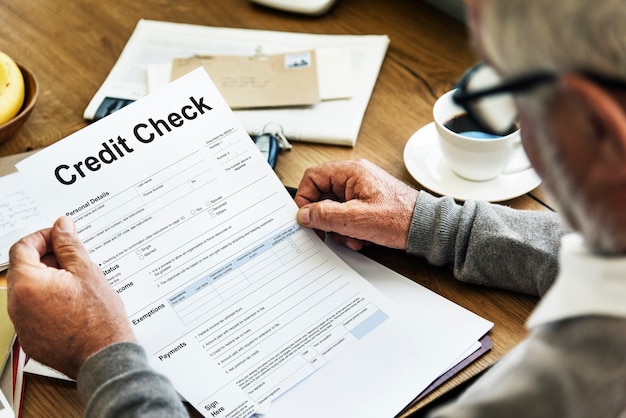
Your credit score is important. So important that it impacts almost every aspect of your life, from the chances you’ll get a mortgage or installment loan to the price you pay on auto insurance.
Despite its power, your credit score isn’t always the easiest thing to understand. Let’s face it — it’s confusing! And to make matters worse, not a lot of folks talk about it, so you might feel strange bringing up your questions in polite society.
So, you fake it ‘til you make it, right?
When it comes to credit, this strategy may not work out. Without asking questions, you could end up making bad decisions that damage your score.
1. Can Your Borrow with Bad Credit?
There’s a reason why this question is first. A lot of people wonder this exact thing because the message isn’t always clear.
Some financial advisors say you should never ever borrow money while you have subprime credit without elaborating why. What they should say is that borrowing with subprime credit means you’ll pay more in fees and interest than if you waited until you improved your score.
Of course, emergencies happen, making it impossible to wait. Your car could break down before you have time to improve your score, and you need to borrow to get back on the road.
The reality is, you can get a variety of online cash advance loans with bad credit—from auto loans and installment loans to lines of credit and more. That’s one of the benefits of online cash advance loans. While online direct lenders may check your score, a subprime number may not stand in your way of legitimate loans online.
Emergency loans exist so that people with bad credit can handle unexpected repairs. If you plan on using a cash advance, make sure you understand its true cost before borrowing.
2.Can Too Many Credit Cards Hurt Your Score?
The average American has about four credit cards in their name. Is that too much or too few?
Unfortunately, there’s no one-size-fits-all answer to this question. It depends on your unique relationship with debt.
One card is likely enough if you struggle with overspending and find it hard to stay out of debt.Anymore and you might be tempted to max out each account.
However, having more than two may not be a bad ideaif you can afford to pay your bills. You’ll be able to tap into various types of rewards, and it may even improve your credit.
How? It has to do with your utilization ratio, which compares how much of your available credit you use. Having multiple credit cards will increase the available limit attached to your name. And as long as you don’t overuse these cards, you’ll keep your ratio low simply because your available limit is so high.
3. How Can You Check Your Score?
Now that you’ve got this far, do you even know your three-digit score? Don’t worry — it’s an easy thing to check.
By law, you have the right to get a free report every year from each major reporting agency. That means you get a total of 3 — one from Equifax, Experian, and TransUnion. Depending on your living situation, you may be entitled to more, such as if you’re recovering from fraud.
Swing by AnnualCreditReport.com to find out what your score is. Knowing this number can help you anticipate how easily you’ll get a cash advance and other personal loans.
Bottom Line
Don’t let misinformation stop you from managing your money wisely. Ask questions!
Leave a Reply